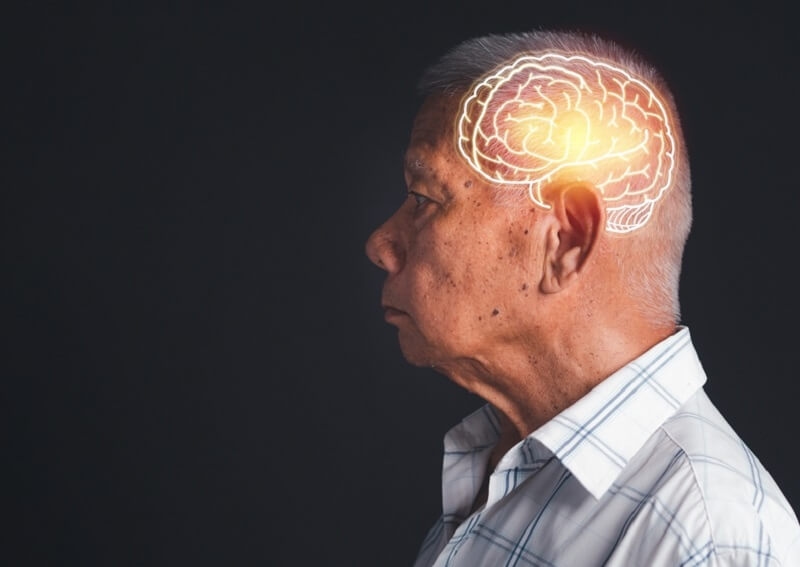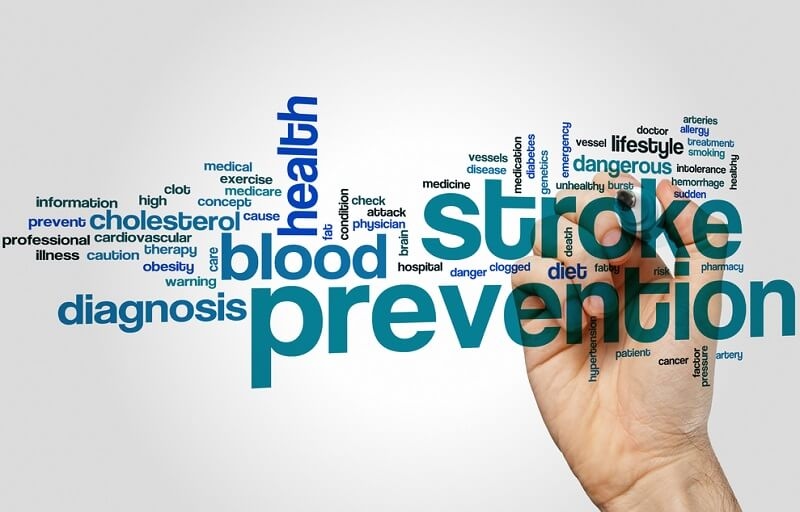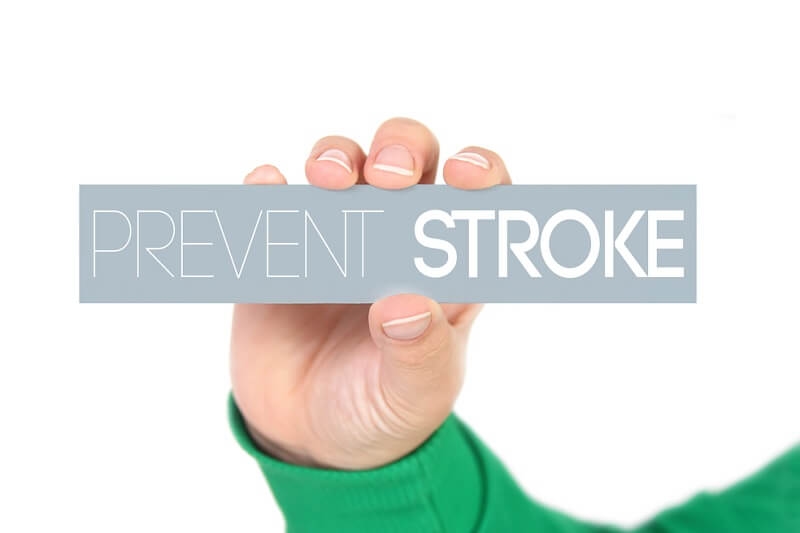Debunking Medical Myths: Unraveling the Truth About Stroke

In the realm of medical knowledge, misinformation, and myths can often cloud our understanding of various conditions. Stroke, a serious medical event, is no exception. In this blog, we aim to debunk common myths surrounding stroke, providing accurate information to help you better understand this condition. By separating fact from fiction, you'll be equipped with the knowledge to recognize stroke symptoms, take preventive measures, and promote a healthier lifestyle.
Understanding Stroke: A Brief Overview
A stroke is a medical emergency that occurs when blood flow to the brain is interrupted, leading to brain cell damage. It is a serious condition that requires immediate medical attention. While strokes are a significant health concern, there are numerous misconceptions and myths surrounding this condition. In this article, we will debunk these myths and provide you with accurate information to help you better understand strokes.
Myth 1 - Strokes Only Happen to the Elderly

One common myth about strokes is that they only affect the elderly. While it is true that the risk of stroke increases with age, strokes can occur at any age, including in children and young adults. Factors such as genetics, lifestyle choices, and underlying medical conditions can contribute to the risk of stroke in individuals of all age groups.
Learn About: Different Types Of Stroke And Their Effects
Myth 2 - Stroke is Always Painful and Obvious
Contrary to popular belief, strokes are not always accompanied by severe pain or obvious symptoms. While some strokes may cause sudden, intense headaches or paralysis on one side of the body, others may present with more subtle symptoms such as confusion, dizziness, difficulty speaking, or sudden vision changes. It is essential to recognize these less apparent signs and seek immediate medical attention.
Myth 3 - Stroke Recovery is Limited
Another myth surrounding stroke is that recovery is limited and that individuals can never fully regain their previous level of functioning. While stroke recovery can be a challenging and lengthy process, it is possible to make significant improvements with the right treatment, rehabilitation, and support. The brain has the remarkable ability to rewire itself and form new neural connections, allowing for functional recovery and adaptation.
Myth 4 - Strokes are Inevitable and Unpreventable

Strokes are not inevitable, and there are numerous steps individuals can take to reduce their risk. Adopting a healthy lifestyle that includes regular exercise, a balanced diet, maintaining a healthy weight, and avoiding tobacco and excessive alcohol consumption can significantly decrease the likelihood of experiencing a stroke. Managing underlying medical conditions such as high blood pressure, diabetes, and high cholesterol also plays a crucial role in stroke prevention.
Myth 5 - Only High-Risk Individuals Need to Worry About Stroke
While certain risk factors, such as older age and a family history of stroke, can increase the likelihood of experiencing a stroke, it is important to recognize that strokes can affect anyone. It is essential for everyone to be aware of the signs and symptoms of stroke and to seek prompt medical attention if they suspect a stroke, regardless of their perceived risk level.
Myth 6 - Stroke is Always Fatal or Irreversible
Strokes can be life-threatening, but they are not always fatal. With advancements in medical care and timely treatment, many stroke survivors go on to lead fulfilling lives. Early recognition, swift medical intervention, and appropriate rehabilitation can significantly improve outcomes and reduce the risk of long-term disability. Time is of the essence when it comes to stroke, so seeking immediate medical attention is crucial.
Myth 7 - Only High Blood Pressure Causes Strokes
High blood pressure, or hypertension, is a significant risk factor for strokes. However, it is not the sole cause. Strokes can result from various factors, including blood clots, ruptured blood vessels, and arterial blockages. It is vital to manage all risk factors and maintain a healthy lifestyle to minimize the chances of experiencing a stroke.
Myth 8 - There's Nothing You Can Do During a Stroke

During a stroke, every minute matters, and there are steps that can be taken to improve the chances of a positive outcome. If you suspect someone is having a stroke, it is essential to act FAST: Face drooping, Arm weakness, Speech difficulties, Time to call emergency services. By recognizing these signs and calling for help immediately, you can potentially minimize brain damage and improve the chances of a successful recovery.
Myth 9 - Stroke Recovery is the Same for Everyone
Stroke recovery is a highly individualized process, and it varies from person to person. Factors such as the severity of the stroke, the area of the brain affected, the individual's overall health, and the effectiveness of rehabilitation efforts all play a role in the recovery journey. Each stroke survivor's recovery path is unique, and personalized care and support are crucial for maximizing potential and achieving the best outcomes.
Myth 10 - Medication Alone Can Prevent Strokes
While medication can be an essential component of stroke prevention and management, it is not the sole solution. Adopting a holistic approach that includes lifestyle modifications, managing underlying medical conditions, and seeking regular medical check-ups is vital. Medications prescribed by healthcare professionals can help control blood pressure, prevent blood clots, or manage other specific risk factors, but they should be combined with healthy habits for optimal results.
Seeking Professional Guidance and Support
If you have concerns about stroke or any other medical condition, it is crucial to consult with healthcare professionals who can provide accurate information, guidance, and appropriate treatment. They can evaluate your individual risk factors, provide preventive measures, and assist you in developing a personalized plan to reduce your chances of experiencing a stroke.
Conclusion
By debunking these common medical myths surrounding stroke, we hope to provide clarity and accurate information about this critical health issue. Remember, strokes can happen at any age, recovery is possible with proper care, prevention is key, and recognizing the signs of stroke can save lives. Stay informed, take proactive steps to reduce your risk, and seek professional guidance to ensure your well-being and that of your loved ones. Together, we can fight against stroke and improve the overall health of our communities.
This content was created by AI
